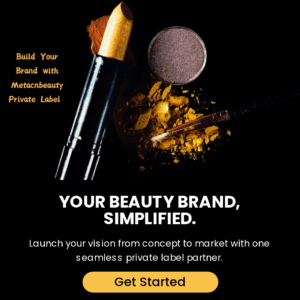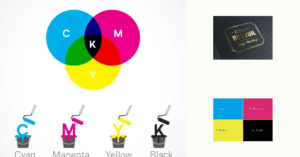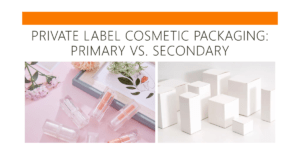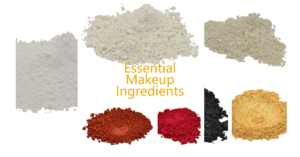The Surging Landscape of Private Label Cosmetics: Trends and Market Analysis.
Welcome to the world of private label cosmetics, where budding entrepreneurs can carve their niche in the ever-growing beauty industry. With the rise of social media influencers and an increasing focus on personal branding, the private label cosmetics sector has taken the beauty world by storm. Today, we’ll explore the latest private label cosmetics trends, cosmetic market analysis, and give you the lowdown on how to stay ahead of the game in this competitive market.
Table of Contents
Private Label Cosmetics Trends, Cosmetic Market Analysis: A Comprehensive Look
A Quick Overview of the Cosmetic Market
Before diving into the nitty-gritty of private label cosmetics, it’s important to understand the current landscape of the cosmetic market. Here’s a quick rundown:
The global cosmetic market is anticipated to grow at a CAGR of 5.3% between 2021 and 2028, reaching a valuation of over $463.5 billion.
The Asia-Pacific region dominates the cosmetic market, with a market share of 37.9% in 2021.
Skincare is the leading segment, followed by makeup and hair care products.

Unraveling the Private Label Cosmetics Boom
The growth of private label cosmetics can be attributed to several factors, including:
The rise of social media influencers, who are constantly on the lookout for products to endorse.
Increased consumer interest in personalized and unique beauty products.
The desire for cruelty-free, eco-friendly, and sustainable cosmetics.
Now that we have a basic understanding of the market, let’s dive into the latest private label cosmetics trends and cosmetic market analysis.
Trend #1: Clean and Sustainable Beauty
As consumers become more environmentally conscious, they are demanding cleaner and more sustainable beauty products. Private label brands are capitalizing on this trend by:
Offering eco-friendly packaging, such as reusable glass jars and recyclable materials.
Sourcing ingredients from sustainable and ethical sources.
Ensuring that their products are free from harmful chemicals and synthetic additives.
Trend #2: Personalization and Customization
Private label cosmetics are all about catering to the unique needs and preferences of consumers. Brands are offering customization options like:
Tailor-made skincare products that cater to individual skin types and concerns.
Customizable makeup palettes, allowing customers to mix and match their favorite shades.
Personalized fragrance options, enabling customers to create their signature scent.
Trend #3: Inclusivity and Diversity
Inclusivity and diversity have become buzzwords in the beauty industry, and private label cosmetics are no exception. Brands are prioritizing:
Offering a wide range of shades and formulations to cater to different skin tones and types.
Collaborating with influencers and celebrities from diverse backgrounds to promote their products.
Ensuring that their marketing campaigns feature models of varying ages, races, and body types.
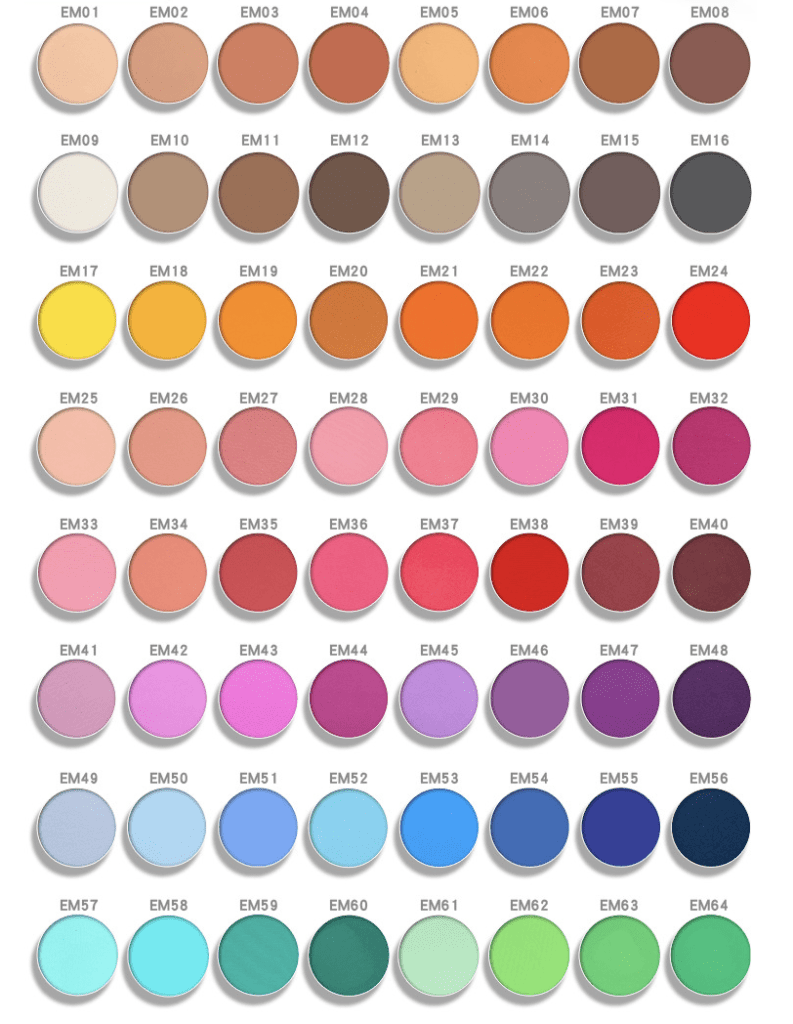
FAQs on Private Label Cosmetics Trends, Cosmetic Market Analysis
Why are private label cosmetics gaining popularity?
Private label cosmetics are gaining traction due to their ability to cater to niche markets, offer personalized and unique products, and capitalize on the latest beauty trends.
How can I start my own private label cosmetics brand?
To start your own private label cosmetics brand, you’ll need to research the market, identify your target audience, create a unique product offering, and collaborate with a good manufacturer.
What are the key private label cosmetics trends to watch out for?
Some of the key trends in private label cosmetics include clean and sustainable beauty, personalization and customization, and inclusivity and diversity.
How can I ensure my private label cosmetics brand is eco-friendly?
To ensure your brand is eco-friendly, focus on using sustainable and ethically sourced ingredients, adopting eco-friendly packaging, and ensuring your manufacturing processes are environmentally responsible.
Can I create a private label cosmetics line for a specific niche market?
Absolutely! Private label cosmetics brands thrive on catering to niche markets. Identify your target audience, research their unique needs and preferences, and create products tailored to their specific requirements.
What role do social media influencers play in private label cosmetics trends?
Social media influencers play a significant role in promoting private label cosmetics brands by endorsing products, collaborating on product development, and raising brand awareness among their followers.
Conclusion: Staying Ahead of the Private Label Cosmetics Market Trends
By keeping a close eye on the latest private label cosmetics trends and cosmetic market analysis, entrepreneurs and beauty enthusiasts can stay ahead of the competition and capitalize on new opportunities in this ever-evolving industry. From clean and sustainable beauty to personalization and inclusivity, there’s never been a better time to dive into the world of private label cosmetics and make your mark in the booming beauty sector.
So, whether you’re a budding entrepreneur or a beauty aficionado looking for the next big thing, stay tuned to the latest private label cosmetics trends, cosmetic market analysis, and get ready to ride the wave of success in this dynamic and lucrative market.
